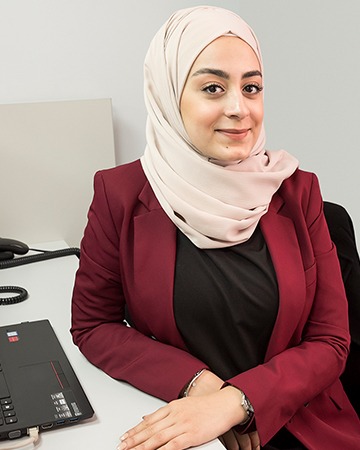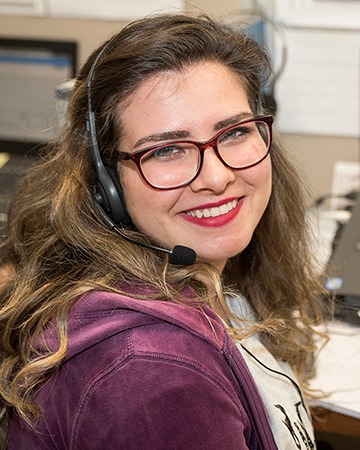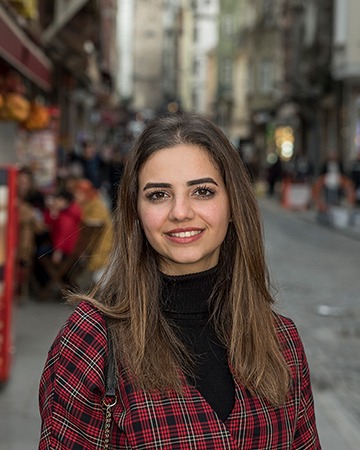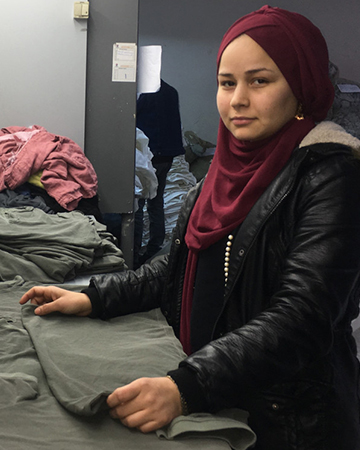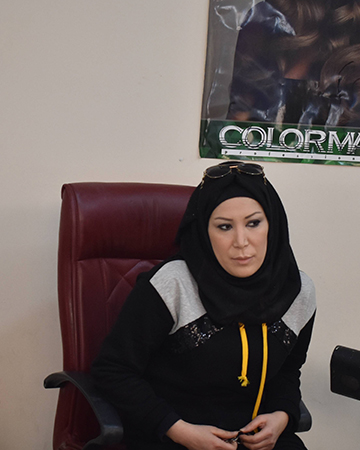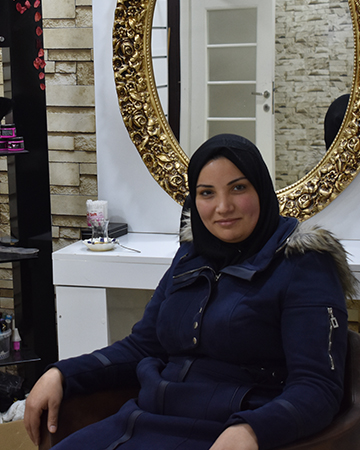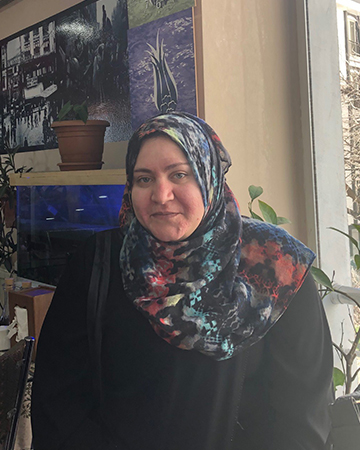Young Syrian refugee found a job in health tourism
Mrs. Abeer Alla Aldin (24) was born and raised in the Syrian capital Damascus. She is the eldest of six children and has one brother and four sisters. She came to Turkey with her family in 2013. Two years after the civil war started in Syria.
“I studied business administration at Aydin University in Istanbul”, she says.
“And in a short time I learned to master the Turkish language as well. In the third year at the university I didn’t have many courses and a lot of free time on my hands. That’s why I started working as an English interpreter for the International Organization for Migration, an intergovernmental organization that provides services and advice concerning migration to governments and migrants”.
Her father had left for Germany where he got a legal status as a refugee. Later Abeer’s mother and siblings went to Germany as well for a family reunification. “As I was over 18 years old I was not allowed to join them”.
“Now I work here in this company. Thanks to United Work I found a legal job. Without them I would not have this job as executive assistant for the operations manager. He is Syrian too. This is one of the many Syrian companies in Turkey.”
Ana Clinic, the company she is employed in is part of the fast expanding health tourism sector. It is a call center that has a contract with a plastic surgery clinic, where hair transplants are the most popular procedure. Most of Abeer’s colleagues are Turkish and Syrian, but there are also workers from Italy, Spain and Morocco. “I feel good and happy here. People are very kind and friendly”, Abeer says.
Abeer, who is single, lives in an appartment with a Syrian friend in the Beylikdüzü district, a suburb on the western edge of Istanbul. “My roommate is a student. Her family is in Qatar”. Abeer only has to commute for 25 minutes by metrobus to get to her work. She works 9 hours per day, five and a half day per week.
This young Syrian woman is one of the many examples of Syrians who succeeded to change their status from refugee to employee. “United Work changed my life”, she says with a smile.
“I found a comfort zone here in this job. Because of this job I got via United Work I decided to get a Turkish citizenship. I plan to stay here in Turkey”.


